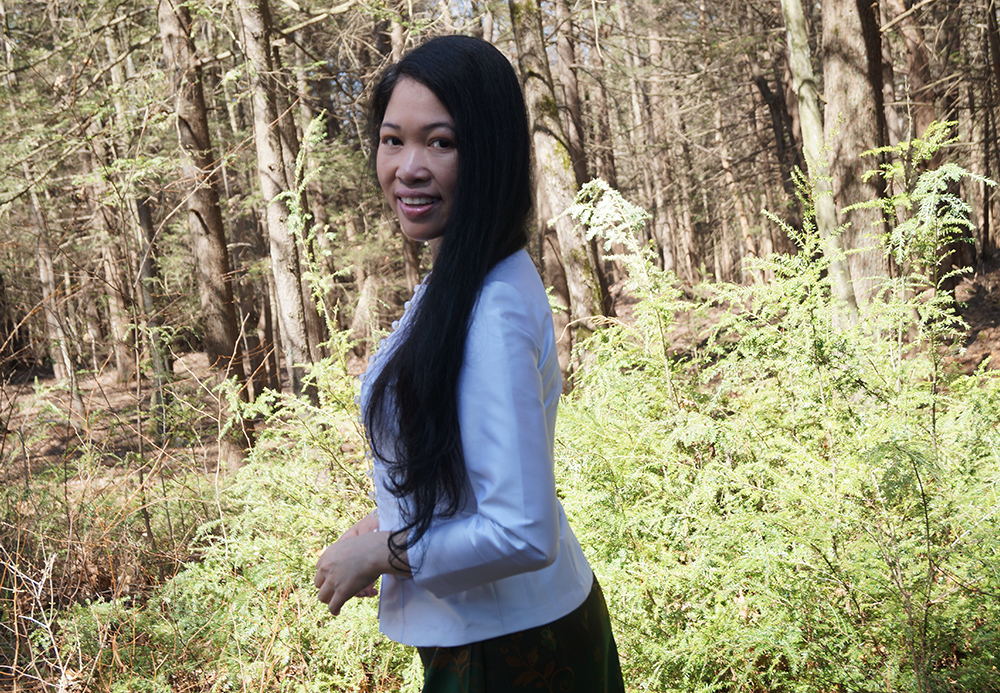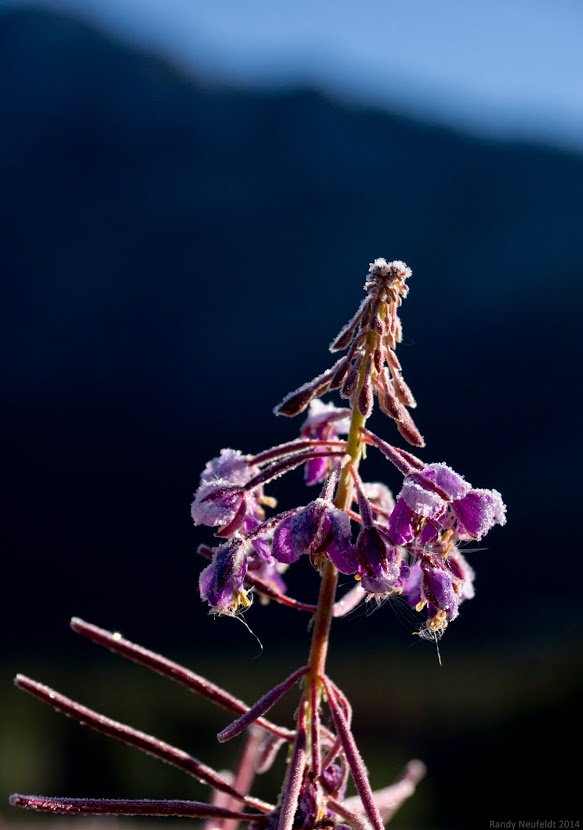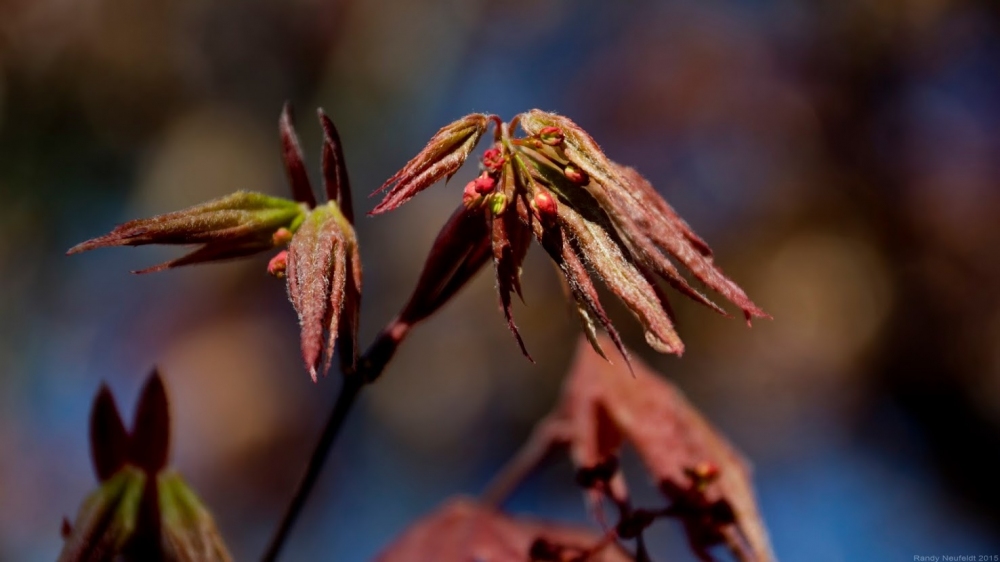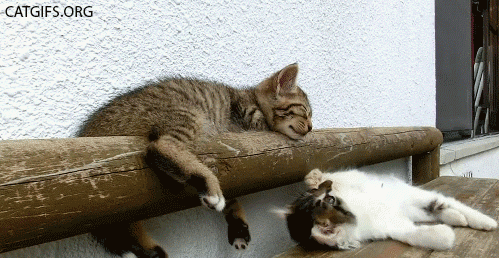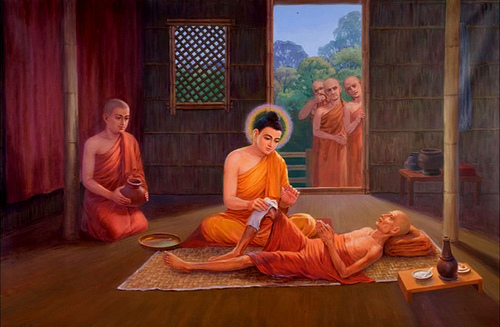Why should we respect and support our parents
by Bhikkhu T. Seelananda
Parents are the fountains of our lives. They are our precious gems. They are the sun and moon in our world, in our family. Father is the Sun and mother is the moon. As Buddhists, as well as grateful and faithful sons and daughters, we cannot think of a life without our parents.
As the Matchless Teacher, the Knower of the World, the Buddha has taught us that it is our bounden duty, a moral obligation to respect and support our parents unceasingly, especially when they reach old age, and when they are feeble or sick. If one does not support one’s parents in general or in the latter part of their lives in particular; he or she, according to Buddhism, is an ungrateful and uncivilized son or daughter. S/he is an outcaste. The Buddha declared this very clearly in the Wasala sutta, the Discourse on outcastes:
“Yo mātaram vā pitaram vā
jinnakam gata yobbanam
pahusanto na bharati
tam jaññā vasalo iti”.
(Having much wealth, if one does not maintain, his/her parents; know that s/he is an outcaste).
On the contrary, in the Blessing discourse (Mangala Sutta), the Buddha said, “Mātā pitu upatthānam etam mangalam uttamam” means supporting parents is a great blessing. Having good parents, kind-hearted parents, is really a very great blessing to a family, a great fortune.
As Buddhists, whenever we get together and perform good deeds, meritorious deeds, never forget our parents we commemorate the great virtues of our parents. Specially we commemorate the departed parents affectionately and respect and support our parents while they are alive.
This is one of the strong Sri Lankan Buddhist traditions in which we respect and become more and more obedient to our parents. In general, we should honour, respect and revere our parents whenever possible. As instructed in the teaching of the Buddha we should respect our parents while they are with us and also after their demise. Intrinsically, we are always ready to listen to our parents. Though we have our own freedom, ideas, and opinions, we keep our parents as the guiding light of our lives. We know very well that without our parents we would not be here today; that is to be understood by all of us very clearly. Who paved the way for all of us to stand on our own two feet? Who sweat days and nights for us, who fed us, who gave us whatever we asked for; in brief, who worked like dogs, like Trojans to make us happy from our earliest days? There was none other than our parents. That is why we should repeatedly respect and support our parents.
We should respect and support our parents while they are alive. There are some people in our society who try to respect their parents only after their deaths. While they are alive, no one is there to support them and treat them. Sometimes, they die without a sip of water. But right after that the children start to cry and weep and going from place to place build many kinds of monuments spending thousands or millions in their names. But that helps them only a very little. They have gone for good. For the departed ones there is only a very narrow opportunity to receive merit. Therefore, better to do it while alive, today, right now, do your own merit by yourself.
We see some children who dislike looking after their parents strive to find some excuses saying that they have no time. But when we were little ones our mother or father did not seek such excuses. However, those who seek loopholes are not regarded as truly grateful sons and daughters. This is not the way that we should respect and support our humble and simple parents especially at the time in need. If we are mindful enough we can perform many kinds of meritorious deeds such as generosity, morality and meditation on behalf of our parents while they are still with us and also after their passing away. This is also one of the moral duties of the children. As the Buddha said, this will be certainly a great help for their samsāric journey.
If the departed ones have been reborn in a place where they can receive our merit, they will definitely receive it. Otherwise, it is not wasting still it’s yours. Anyhow, by the same token, we all should understand clearly that all those who die cannot receive merit as there are only a few states where beings can receive merit. However, again, that is beyond our consciousness. Whether or not they are ready to receive this merit, it is our duty that we share merit with them, whoever departed us.
Source: Bhavana Society
Link to this article



